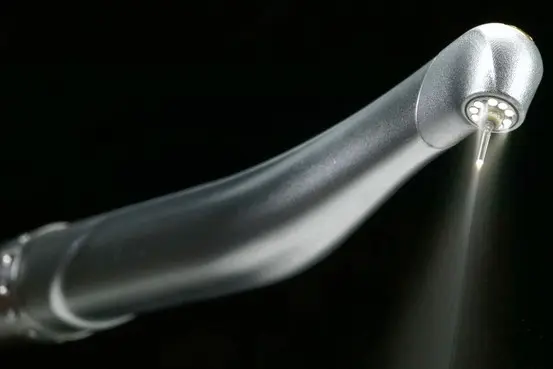Introduction to laser gum surgery
Laser gum surgery is a minimally invasive procedure that uses a laser to remove diseased gum tissue. The laser also helps in sealing blood vessels, which leads to less bleeding and swelling compared to traditional gum surgery methods. The recovery time is usually faster with less discomfort. The laser procedure promotes faster healing and reduces the risk of infection.
Benefits of laser gum surgery
Laser gum surgery offers several benefits such as less pain and discomfort during and after the procedure. It also results in faster healing times compared to traditional gum surgery methods. Additionally, laser gum surgery minimizes bleeding and swelling, leading to a more comfortable recovery process.
Candidates for laser gum surgery
To be a candidate for laser gum surgery, you need to have gum disease that has not responded well to traditional treatments like scaling and root planing. Individuals with gum recession or those who want to address cosmetic concerns like a “gummy” smile can also consider laser gum surgery. Healthy individuals with realistic expectations and a commitment to post-operative care are good candidates.
Preparing for laser gum surgery
Laser gum surgery is a minimally invasive procedure that requires some preparation beforehand. Here’s what you can expect as you get ready for your laser gum surgery:
- Before the procedure, your dentist may recommend a thorough cleaning of your mouth to ensure optimal results.
- You may be advised to avoid eating or drinking anything for a few hours before the surgery.
- It’s important to follow any instructions provided by your dentist regarding medications you may be taking.
- Be sure to arrange for someone to drive you home after the surgery, as you may feel some discomfort or drowsiness.
- Discuss any concerns or questions you have with your dentist to feel more confident and prepared for the procedure.
Procedure of laser gum surgery
During the laser gum surgery procedure, your gum tissue will be numbed with a local anesthetic to ensure you feel no pain. The dentist will then use a laser to precisely remove excess gum tissue and reshape your gums. This process is usually quick and efficient, reducing bleeding and promoting faster healing. Laser gum surgery is considered minimally invasive compared to traditional gum surgery, leading to less discomfort and shorter recovery time.
What happens during laser gum surgery
During laser gum surgery, the dentist will use a special laser tool to precisely remove the diseased gum tissue and reshape the gums. This procedure is typically less painful and involves minimal bleeding compared to traditional gum surgery methods. The laser cauterizes the tissue as it works, which helps in reducing the risk of infection. Laser gum surgery also promotes faster healing and can result in less swelling and discomfort after the procedure.
Post-surgery care and recovery
After your laser gum surgery, it’s essential to follow proper post-surgery care for a smooth recovery. Here’s what you can expect and what you should do:
- Your dentist will provide detailed instructions on how to care for your gums after the surgery.
- You may experience some swelling and discomfort, which can be managed with prescribed medications.
- It’s crucial to maintain good oral hygiene by gently brushing and flossing your teeth while being careful around the treated area.
- Avoid hard or crunchy foods that could irritate your gums, and stick to soft, easy-to-chew foods.
- Attend follow-up appointments as scheduled to ensure your gums are healing well and to address any concerns promptly.
Common side effects after laser gum surgery
After laser gum surgery, it is common to experience some temporary side effects. These may include minor discomfort, swelling, minor bleeding, and sensitivity in the treated area. Typically, these side effects subside within a few days as the gums heal. It’s essential to follow your dentist’s instructions for aftercare to help manage these side effects effectively.
Complications to watch out for
After your laser gum surgery, it’s crucial to be mindful of any potential complications that may arise. Keep an eye out for signs of infection, such as persistent swelling, redness, or unusual discharge from the surgical site. Also, watch for excessive bleeding that doesn’t subside or severe pain that doesn’t improve with prescribed medications. Inform your dentist immediately if you experience any of these complications to ensure proper treatment and recovery.
Conclusion: Results and expectations after laser gum surgery
After your laser gum surgery, you can expect a faster recovery than traditional gum surgery. The procedure typically reduces swelling and discomfort post-surgery. Your gums may appear healthier and your smile enhanced. However, individual results may vary depending on your oral health before the surgery, adherence to post-operative care instructions, and your body’s healing process. It’s essential to follow your dentist’s guidance for optimal results.

